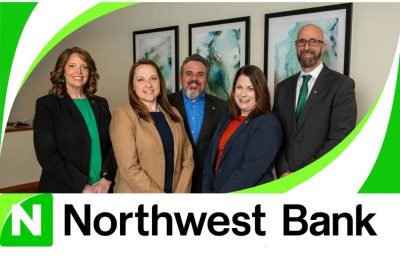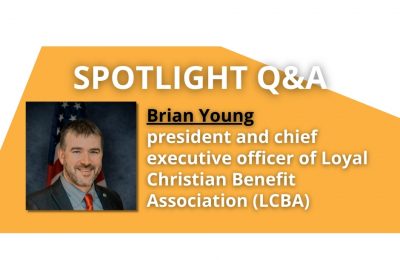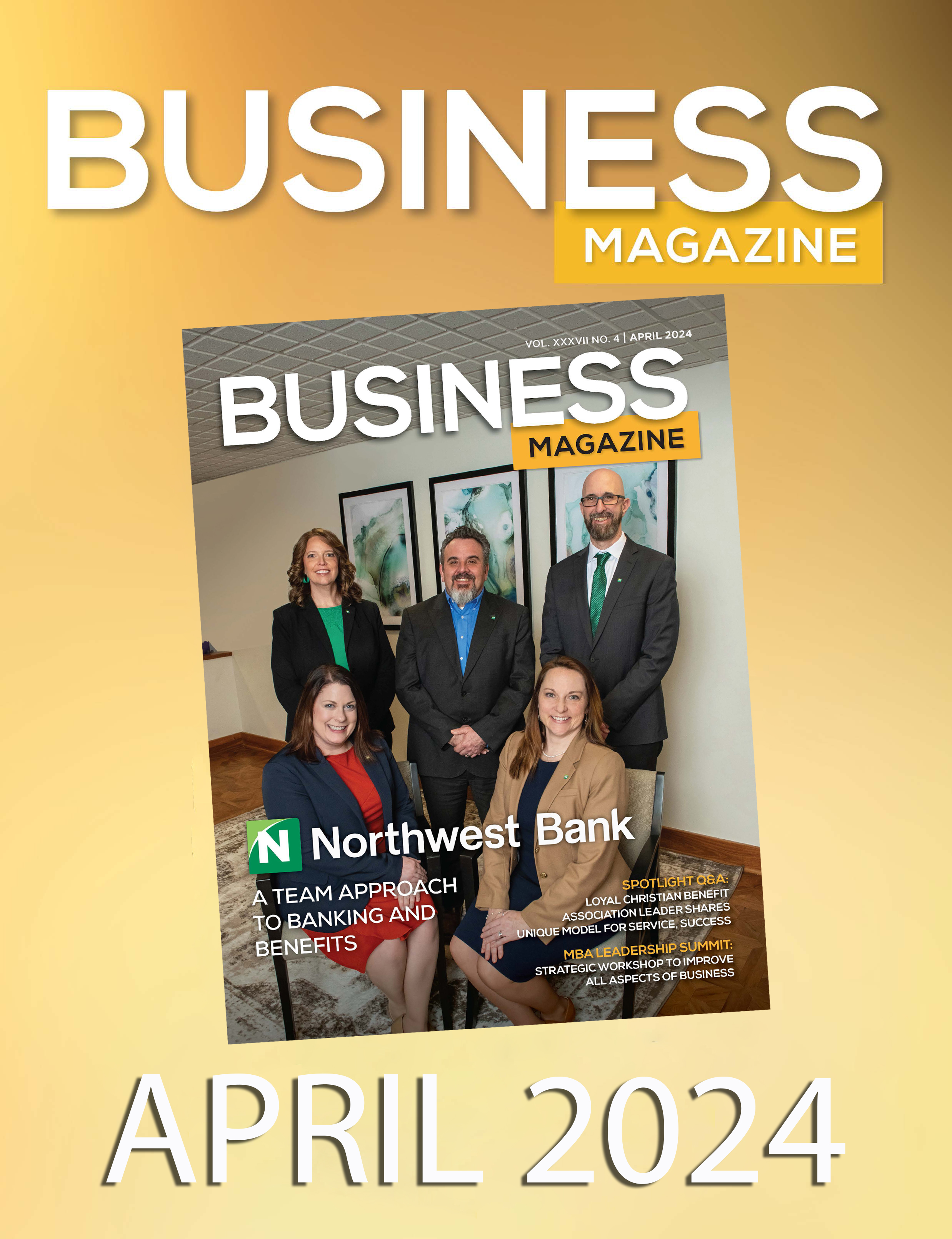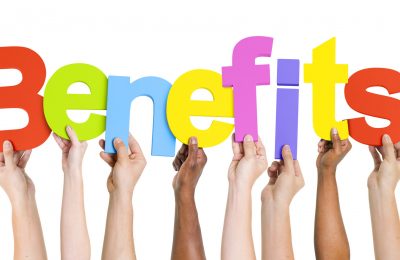Serving his seventh term in the Pennsylvania General Assembly, Dave Reed represents the 62nd Legislative District. In November 2014, Reed was elected by his colleagues to be the Majority Leader of the 199th legislative session of the General Assembly, a position he assumed on December 1, 2014. Contact him at 724/465-0220 or dreed@pahousegop.com.
Welcome to Pennsylvania, a place where residents like to keep decisions local.
With that said, let’s start off with the bottom line. Local property taxes have skyrocketed, mainly due to decisions made at the local level, not decisions we made in Harrisburg. It is the locally elected school boards who decide what to spend and what salaries and benefits to pay their teachers and employees, not the state.
Unfortunately, the property tax issue has been around for decades, and there is still no consensus for a solution — the state is just too diverse and the issue too complex. The seemingly annual spike in these locally imposed taxes has begun to overburden many taxpayers.
We understand high property taxes are affecting our businesses — both large and small. According to the Tax Foundation’s 2014 Business Tax Climate Index, while
Pennsylvania ranked a middle-of-the-road 24th overall, the state came in 43rd in the nation in the property tax category. It is estimated, this fiscal year, school property taxes will generate about $14 billion. Add that to the state’s record education spending of $10.5 billion, and about $2 billion from federal and other dollars, and we have an education enterprise in our state spending $26 billion. That is all tax dollars.
This session, we plan to work with the Senate and governor to reform one of the main cost-drivers constantly cited for pushing up the cost of property taxes: public pensions. The state and school payments to fund the state and school public pensions systems will increase this year another $600 million in the state budget, and we are already paying $3.2 billion. Unless something is done, the payments will rise to more than $6 billion in about three years. Those numbers are suffocating our budget and ability to pay for priorities such as more direct classroom funding.
I am working with members of the House Republican Caucus to address the continuing increase in school district property taxes. The first thing everyone needs to understand is that there is no free money. To offset school property taxes, money needs to be generated from somewhere, and it is a significant amount.
As we develop potential solutions, the best interests of all taxpayers need to be considered, and we don’t want to overburden some of the taxpayers we are intended to help. As proposals continue to emerge, be assured, we will look at them all.
Most proposals now seem to share some elements: Dealing with the property tax problem at the state level, and the other at the local level.
To raise the revenues at the state level, proposals range from either modest increases in the Personal Income Tax (PIT), or Sales and Use Tax (SUT), or a combination of both. The idea is to increase the state level of funding and, in return, school districts would reduce, dollar-for-dollar, their school property taxes.
To help school districts raise the needed revenues locally, proposals empower them, through a dollar-for-dollar shift away from property tax toward other local taxes, including the Earned Income Tax, mercantile tax and the business privilege tax.
We understand many small businesses lease their property or do not have any property tax liability, which means that they would only be subject to new, higher taxes, and that is an issue members will work to address.
The members of our Caucus, the House Republicans, are engaged and working together and getting a better understanding of the issues their colleagues are facing locally.
We intend to hit the issue by dealing with cost-drivers, as well, taking it head on.
While no property tax proposal is perfect for every region or every sector, we will continue to work toward reaching a consensus to deal with the rising property taxes in the state. We know it is a problem, and we know it is a concern.













